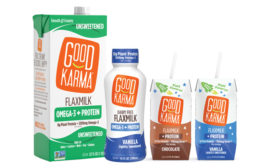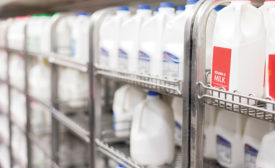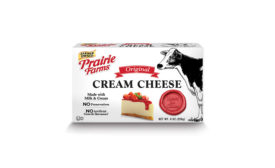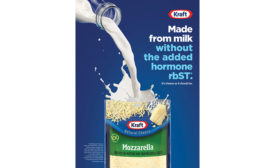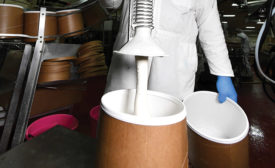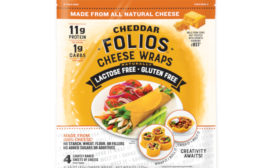Featured on Home Page
Dairy inclusions get indulgent
Boundary-busting inclusions prove that more really is more
February 13, 2019
Take back the dairy case
Fix the fundamentals and reignite category volume
February 13, 2019
Dairy Farmers of America introduces locally sourced cheese brand
The cooperative is joining with family farms in New York to launch Craigs Creamery.
February 12, 2019
Keep milk on the table
There’s a strong movement toward plant-based eating. By emphasizing dairy milk’s unique nutrients, the dairy industry can help ensure milk will be a key part of plant-based diets well into the future.
February 12, 2019
Toft Dairy's ice cream operations reflect a heritage of quality
The ice cream Toft Dairy produces at its Sandusky, Ohio, plant is subject to the high standards the company has had in place for all of its products over the last 119 years
February 8, 2019
Lotito Foods expands distribution of Folios Cheese Wraps
The wraps are available in Jarlsberg, Parmesan and cheddar.
February 8, 2019
Stay ahead of the curve. Unlock a dose of cutting-edge insights.
Receive our premium content directly to your inbox.
SIGN-UP TODAYCopyright ©2025. All Rights Reserved BNP Media.
Design, CMS, Hosting & Web Development :: ePublishing
